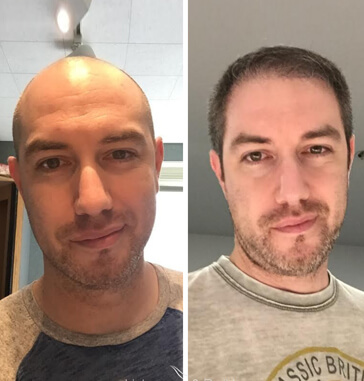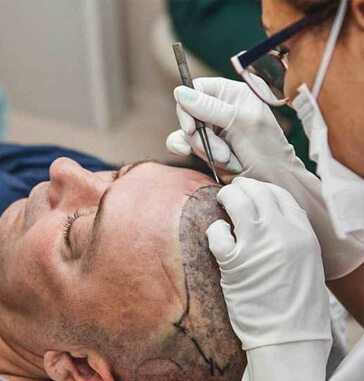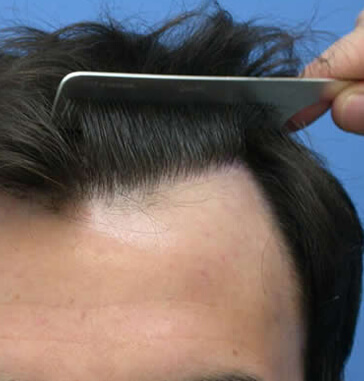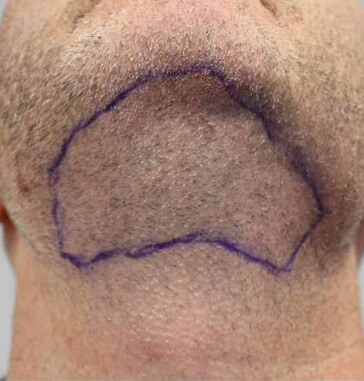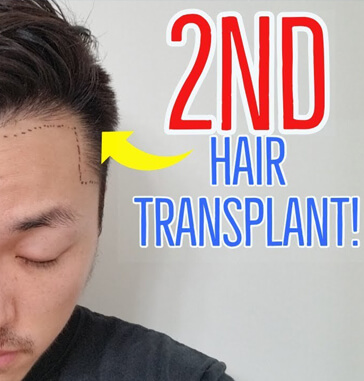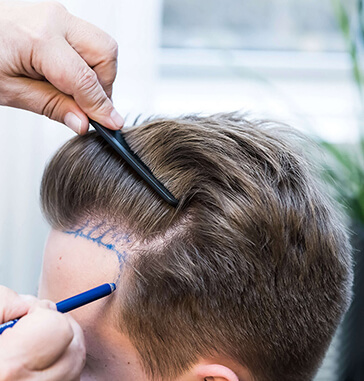Is Diet Important after a Hair Transplant Procedure?
You may be wondering what relation can be between diet and hair transplant procedure. However, as is the case with any medical procedure, your body needs to be fed well to thrive following surgery. So if you want to obtain the best results from hair transplantation, you should follow your doctor’s instructions for the recovery period. You must take good care of your scalp, eat well, cut on exercise, and take a rest until your scalp completely heals. Nutrition after a hair transplant procedure needs to be well organized to give your body and scalp the most essential nutrients for the newly transplanted hair follicles. This will help your wounds recover quickly and your newly transplanted hair follicles hold onto your scalp with no problems.
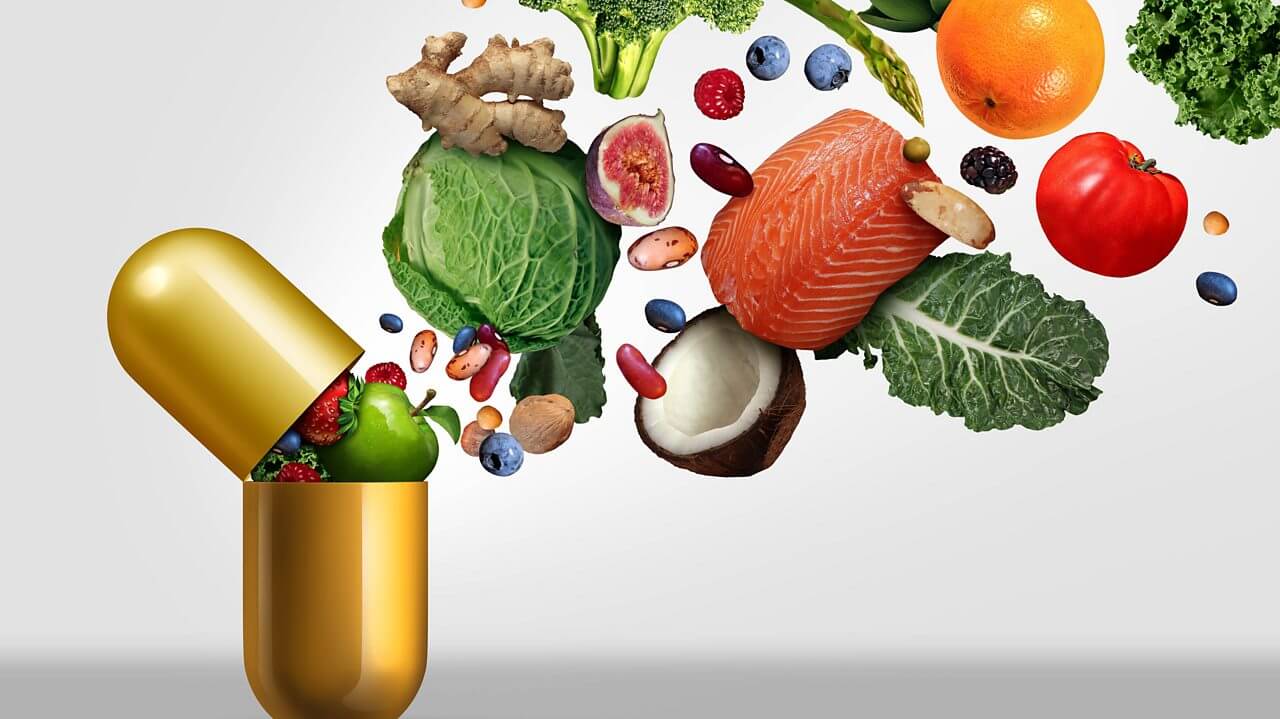
What You Should Eat After A Hair Transplant Procedure?
Healthy nutrition shares more or less the same rules when it comes to nourishing your body in the best way possible. So you will follow a basic healthy diet after a hair transplant as recommended by your doctor. Your doctor will most probably ask you to eat foods rich in essential vitamins, minerals, and protein that are best designed to support hair growth and speed up your recovery. Your hair follicles will be in the process of holding onto the scalp and your scalp will be going through regeneration after small incisions. So the best diet is the one that provides you with the necessary nutrients for healthy hair follicles and scalp.
Vitamins And Minerals To Take after Hair Transplant
Iron-Rich foods: Iron deficiency anemia is very common in all age groups. Research shows that hair loss may occur as a symptom of low iron levels. Moreover, some research suggests that hair loss caused by iron deficiency anemia can mimic androgenetic alopecia. All this research very well shows that iron is a very important mineral to support healthy hair. So you should eat food rich in iron such as liver and spinach following the hair transplant procedure.
Zinc-Rich Foods: Zinc is another important mineral followed by iron, which helps healthy hair growth. Research shows that zinc deficiency may lead to hair loss so if you are deficient in zinc, your hair transplant surgery may not yield the expected results while healing. Zinc also plays a role in collagen production, which is a type of protein found in the skin. So keep eating foods such as eggs, grains, and spinach which are abundant in zinc.
Other Nutrients: Vitamin A is necessary for growth processes throughout the body, including hair roots. So eat foods rich in vitamin A such as carrots, liver, and cabbage. A strong antioxidant, vitamin C contributes to collagen production, too. Foods that are rich in vitamin C include broccoli, peppers, lemon, and grapefruit. You need to take enough vitamin E that promotes healing and avoids scarring to accelerate the recovery after a hair transplant.
Is Protein Important After A Hair Transplant?
That is a fact that vitamins and minerals have very significant functions for overall hair health. However, your hair also needs some basic nutrients other than vitamins and minerals. Keratin, for instance, is a kind of protein that makes up to 95 % of your hair. So your body also needs protein to synthesize it. If you are deficient in protein then it is likely that you will shed. Keratin production is also dependant on biotin so you need to take a sufficient amount of biotin in your diet too. You should eat protein-rich foods such as lean meat, fish, and poultry for healthy hair growth following the surgery.

